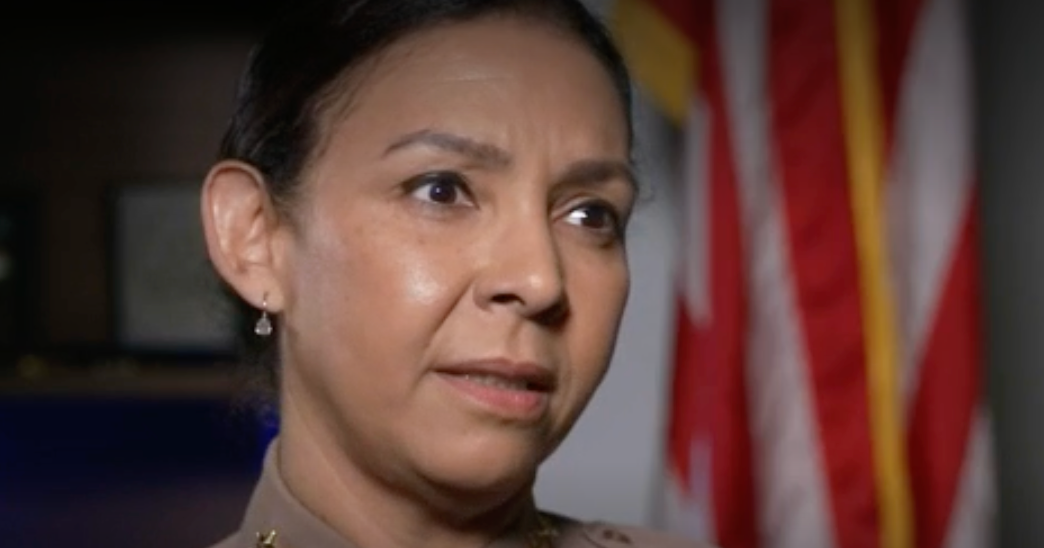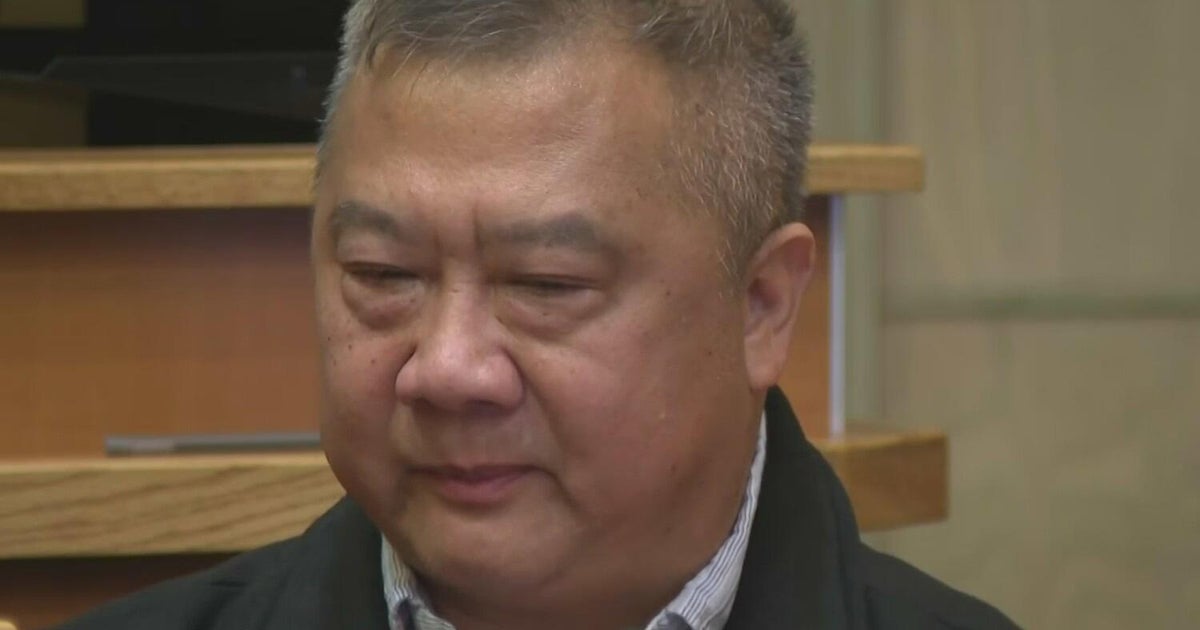TALLAHASSEE – Lawyers for the state have questioned a federal appeals court docket to place on keep a judge’s ruling that blocked a controversial new legislation proscribing the way race-relevant principles can be taught in universities.
The attorneys Monday asked the 11th U.S. Circuit Court docket of Appeals for a keep of U.S. District Choose Mark Walker’s Nov. 17 conclusion to concern a preliminary injunction in opposition to the regulation.
The stay, if granted, would enable the constraints to be in result while a battle about the law’s constitutionality continues.
The legislation has been a precedence of Gov. Ron DeSantis, who dubbed it the “Cease Wrongs To Our Children and Staff Act,” or “End WOKE Act.”
It lists a collection of race-related concepts and states it would represent discrimination if pupils are subjected to instruction that “espouses, promotes, advances, inculcates or compels” them to believe the ideas.
In issuing the injunction, Walker mentioned the law violated Very first Amendment legal rights and explained it as “positively dystopian.”
But the state filed a discover of charm very last week and adopted with Monday’s 56-page motion for a stay of the injunction.
The motion disputed that the law violates speech legal rights, indicating that all “the act does is prohibit the state’s educators from endorsing the enumerated ideas whilst teaching the state’s curriculum, in the state’s lecture rooms, on the state’s time, in return for a state paycheck.”
“(The) implications of the district court’s selection are startling, for it anoints unique professors as universities unto them selves, at liberty below the Initial Amendment to indoctrinate university college students in whichever views they you should, no matter how opposite to the university’s curriculum or how noxious to the people today of Florida,” the movement said. “In shorter, the district court’s Initial Amendment ruling was completely wrong, and this (11th Circuit) Court docket is likely to reverse it.”
The regulation, which also placed restrictions on how race-related ideas can be resolved in office instruction, has drawn at minimum 4 lawful problems.
Walker in September issued an injunction towards the place of work-schooling portion of the regulation — spurring a pending state enchantment to the Atlanta-dependent appeals courtroom.
The education portion of the regulation involves eight ideas prohibited from being taught in lecture rooms.
As an instance, the legislation labels instruction discriminatory if learners are led to believe that they bear “duty for, or must be discriminated versus or obtain adverse remedy simply because of, steps fully commited in the previous by other users of the exact same race, colour, countrywide origin or sexual intercourse.”
As an additional case in point, the legislation seeks to prohibit instruction that would bring about college students to “feel guilt, anguish or other forms of psychological distress for the reason that of steps, in which the person played no element, fully commited in the previous by other associates of the same race, color, national origin or intercourse.”
In his 139-page ruling, Walker wrote that the regulation is “antithetical to academic flexibility and has cast a leaden pall of orthodoxy in excess of Florida’s state universities.”
“Neither the state of Florida’s authority to control general public university curriculum, nor its interest in stopping race or sexual intercourse discrimination can support its excess weight. Nor does the First Amendment tolerate it,” he wrote.
But in Monday’s movement for a stay, the state’s lawyers cited a 1991 appeals-court choice that they argued gives the condition “last say” in disagreements about system information.
“The constitutional dilemma in this case … boils down to this: Who decides what is, and is not, to be taught in Florida’s higher education classrooms — unique professors or their employer, the condition, in prescribing by law the content demands and criteria that govern general public universities in setting their study course curricula?” the motion explained.



